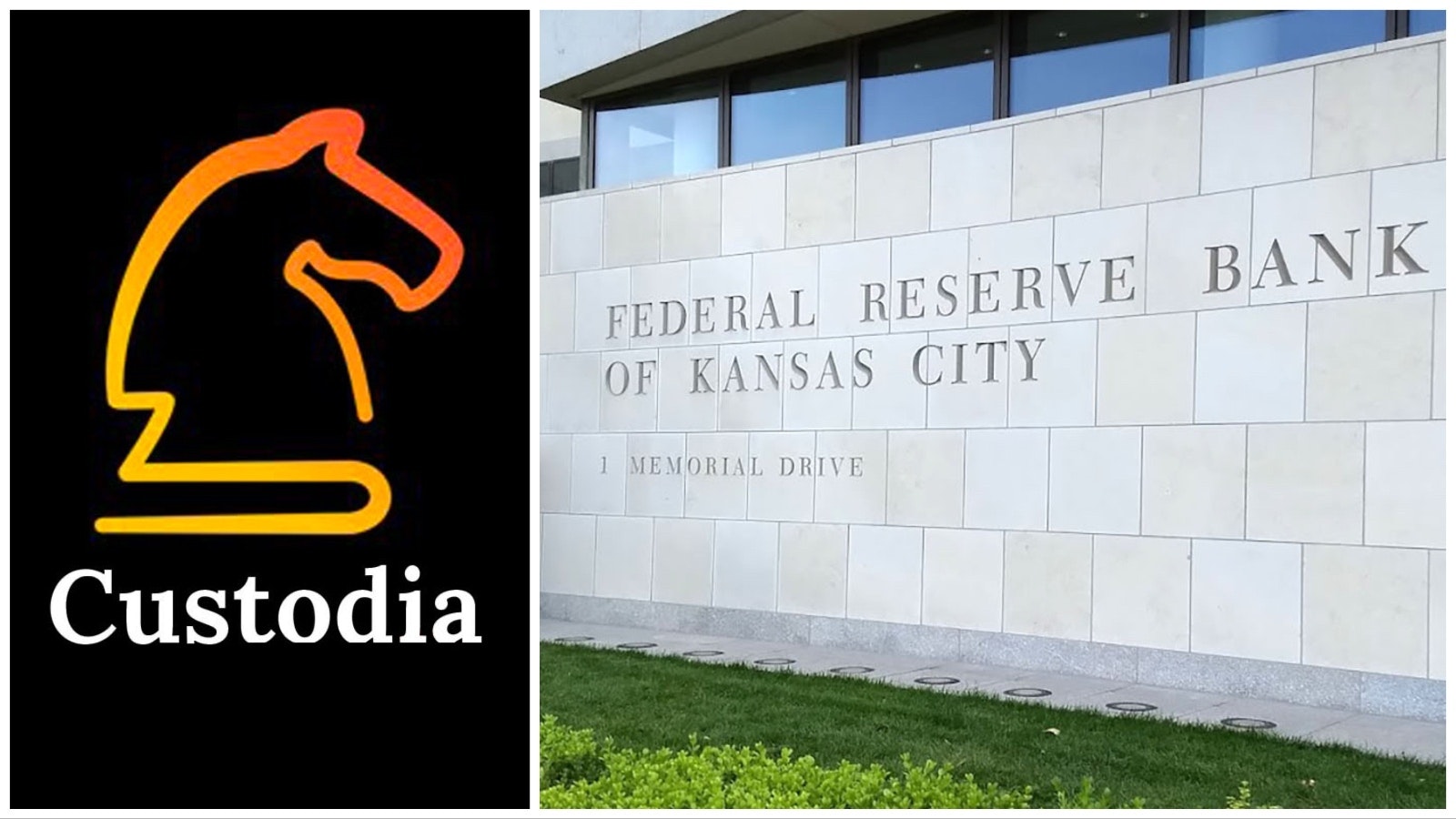Two top Supreme Court attorneys who more usually find themselves on opposite sides of the legal fence have come together in a Wyoming digital asset bank’s fight to survive.
Custodia Bank has been fighting two years for access to Federal Reserve services. Its case has gained the attention of both Don Verrilli, former solicitor general for President Barack Obama, and Paul Clement, a former solicitor general for President George W. Bush, who have each filed briefs in the case.
Clement made headlines recently after representing Loper Bright fishermen in a successful bid to overturn the Chevron defense, gutting rule-making authority for federal regulators.
Clement cited the recent Loper decision in an amicus brief filed in Custodia Bank’s case that challenges the constitutionality of the Federal Reserve’s structure.
“The district court’s extraordinary understanding of the statute and its grant of unlimited discretion to (Federal Reserve Bank of Kansas City) would run afoul of both major structural protections in our Constitution,” Clement wrote. “The vertical constraint of federalism and the horizontal constraints imposed by both separation of powers doctrines. That is no small matter, as structure is everything.”
Verrilli, meanwhile, characterized the Federal Reserve’s actions as part of a coordinated campaign to debank digital asset industries, squelching financial innovation.
“Regulator’s approach to the digital asset industry as a whole, and its treatment of Custodia in particular, stifles emerging competition to traditional banking alternatives,” he wrote. “Custodia’s case is illustrative of how regulators’ hostility to the digital-asset-banking industry operates in practice.”
An Appeal Underway
Last week, Custodia Bank filed an appeal in the 10th Circuit Court of a decision upholding the Federal Reserve’s rejection of its master account.
Custodia Bank had been seeking to force the Federal Reserve to give it a master account, arguing that as a state-chartered bank that’s following all the rules it is entitled to one.
Master accounts are essentially a bank account at the Federal Reserve for banks. They’re used to receive deposits, conduct electronic funds transfers, check payments, and other services.
The outcome of Custodia Bank’s case is likely to be precedent-setting for all of Wyoming’s digital asset banks, known as Special Purpose Depository Institutions.
But what is gaining it national attention now are the precedents the case is likely to set for America’s dual banking system.
The idea behind the dual banking system was to keep banks from becoming too federalized and restrictive, the way they might if all of them are was under one federal thumb.
The dual banking system gives innovative banks an alternative path they can follow. They can choose to be governed under state laws instead.
Wyoming, using the dual banking system, has been trying to develop a legal framework for those in cryptocurrency and other digital asset industries who want to innovate in this area, while still abiding by laws that protect consumers.
Until the Custodia Bank case, a state-chartered bank that is complying with all state regulations has been entitled to obtain services with the Federal Reserve.
The Wyoming District Court’s decision that the Federal Reserve can reject master accounts from state-chartered banks, even though they have complied with all the requirements set out by their states, threatens to decimate the dual-banking system that’s been in place since the turn of the 20th century.
Renée Jean can be reached at renee@cowboystatedaily.com.





